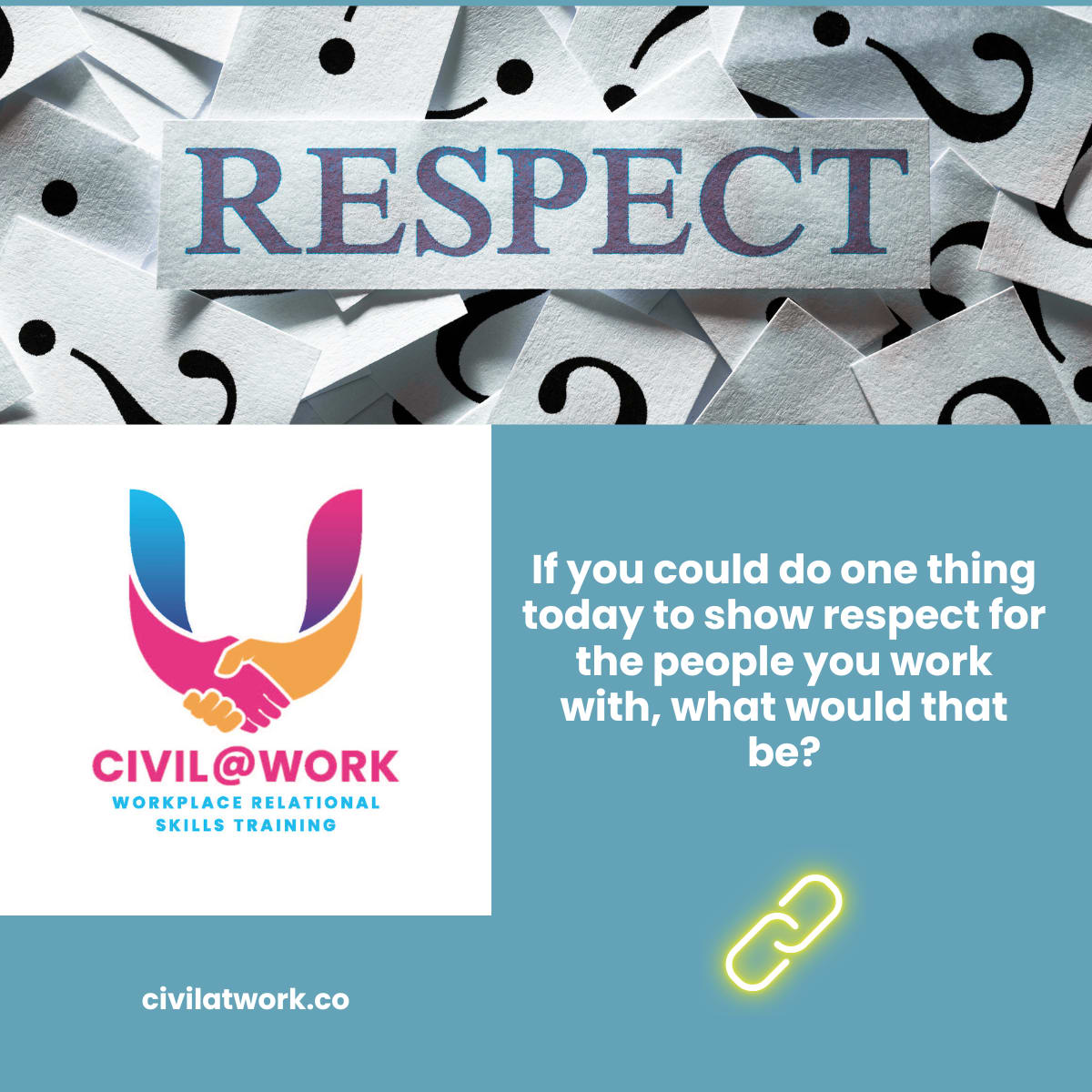Excerpt from the "Introduction," Civil@Work: The Ultimate Guide to Mastering Soft Skills for Business Success. Civil Press/Best Seller Publishing (July 2025).
In the dynamic and rapidly evolving business environment of today, technical skills and industry-specific knowledge alone are no longer sufficient for success. The focus has shifted significantly toward the soft skills, often referred to as interpersonal or relational skills, to navigate the intricate landscape of modern workplaces. The evidence is all around us: A workplace where the practice of soft skills is the norm is a civil space that reaps significant rewards in talent recruitment, retention, and engagement, as well as in productivity and profits.
This is no idle claim. The impact of civility in the workplace is well documented. Its effects are not limited to psychological safety--a state where people feel free to share their beliefs and opinions. [1] Canadian civility expert Dr. Lewena Bayer cited data in her groundbreaking 2016 book The 30% Solution: How Civility at Work Increases Retention, Engagement, and Productivity that showed, even a decade ago, businesses that explicitly promoted civility enjoyed 30 percent more revenue than their competitors. [2]
Moreover, they were four times more likely to have employees who were highly engaged and employee turnover was 20 percent less. Feeling valued by their employers led to astoundingly high levels of satisfaction, motivation, and positive physical and mental health. This evidence informs us that soft skills such as emotional, social, and cultural intelligences, effective communication, adaptability and resilience, and so on are critical to an enterprise's long-term success.
More recent research continues to support this conclusion and affirms the role of organizational leaders in creating a civil workplace. For example, a 2023 systematic review and meta-analysis [3, 4] emphasized that fostering civility in the workplace can yield significant benefits such as improved physical and mental well-being for workers, reduced burnout, and lower absenteeism rates. However, having leadership that embodies respect and sets clear civility benchmarks is crucial. [5]
I happen to believe--strongly--that our very survival as a species depends on our transforming our worlds of work to emphasize the importance of relational skills.
References/Notes
[1] Society for Human Resource Management (SHRM). (2024, November 27). Psychological safety: Creating a workplace where employees thrive [blog]. https://www.shrm.org/in/topics-tools/news/blogs/creating-a-workplace-where-employees-thrive.
[2] Bayer, L. (2016). The 30% solution: How civility at work increases retention, engagement, and profitability. Motivational Press.
[3] A systematic review is like a highly detailed report that looks at all the information and research studies on a specific topic. Imagine you have to write a book report, but instead of one book, you're reading and summarizing hundreds of books on the same subject. The researchers follow specific methodologies to look for patterns and assess and compare across multiple sources the methods and results, looking for similarities and differences, then summarize what they found. Systematic reviews are important because they give us a big picture view off what scientists and experts know about a topic. They help us make sure we're using the best information to make decisions, whether it's for business, education, medicine, or any other field.
[4] A meta-analysis is like a super-summary of lots of studies on the same topic, following a specific methodology that is highly rigorous. Imagine you're trying to figure out if playing video games helps you get better at math. Instead of doing just one experiment, you look at the results of many different experiments that other people have done on this topic. They then combine the data from all these studies by taking data from each study and mixing them together to get a clearer idea of what happened overall. The final step is to look for any patterns that emerge. The combined results give us a more accurate answer to our question.
[5] Peng, X. (2023). Advancing workplace civility: A systematic review and meta-analysis of definitions, measurements, and associated factors. Frontiers of Psychology, Organizational Psychology Section, 14. https://doi.org/10.3389/fpsyg.2023.1277188.
